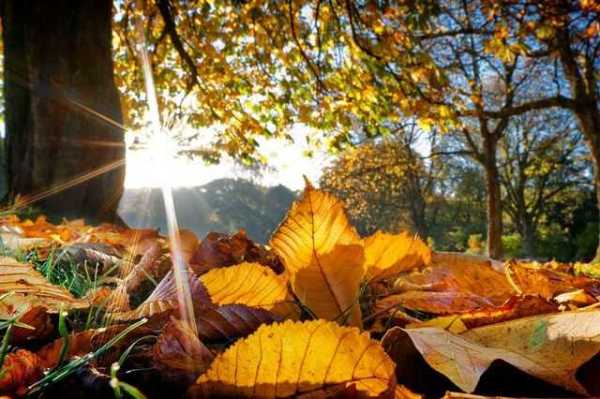
To shield your garden from the harsh effects of winter and ensure it flourishes in the spring, follow these essential steps.
enthusiast Fiona Jenkins emphasizes the importance of leaf management, as fallen leaves can rapidly accumulate on the lawn and cause damage if not addressed promptly. Fiona advises: "If not dealt with quickly, fallen leaves can damage your lawn or plants."
"So it's important to get on top of these quickly to stop your garden from dying." To prevent suffocation of the underlying grass, fallen leaves should be raked or mulched. Gene Caballero, gardening expert and co-founder of GreenPal, agrees, stating: "Mulched leaves can be left to decompose and enrich the soil or can be added to compost piles."
READ MORE:
However, remain vigilant, as trees will continue to shed leaves throughout the season, and remove them as soon as they collect on the ground, reports . Sol Kruk, owner of Property Inspection Pros, recommends inspecting plants for signs of infestations or diseases in November. "Detecting and addressing issues promptly can prevent their escalation and minimise damage in the months to come," Kruk advises.
"Employ preventive measures, such as using horticultural oils or natural predators for pest management, and consider selective pruning to remove affected plant parts."
By taking a proactive approach, you can enjoy a healthier garden when the warms up. As we brace for the colder months, garden enthusiasts are urged to safeguard their plants against the chill.
ThePlantBible's founder advised: "If you have tender perennials or potted plants that can't withstand freezing temperatures, consider moving them indoors or into a greenhouse. Alternatively, you can cover them with frost cloth to shield them from cold weather." Now's also an ideal time to give your garden tools a thorough clean for their longevity.